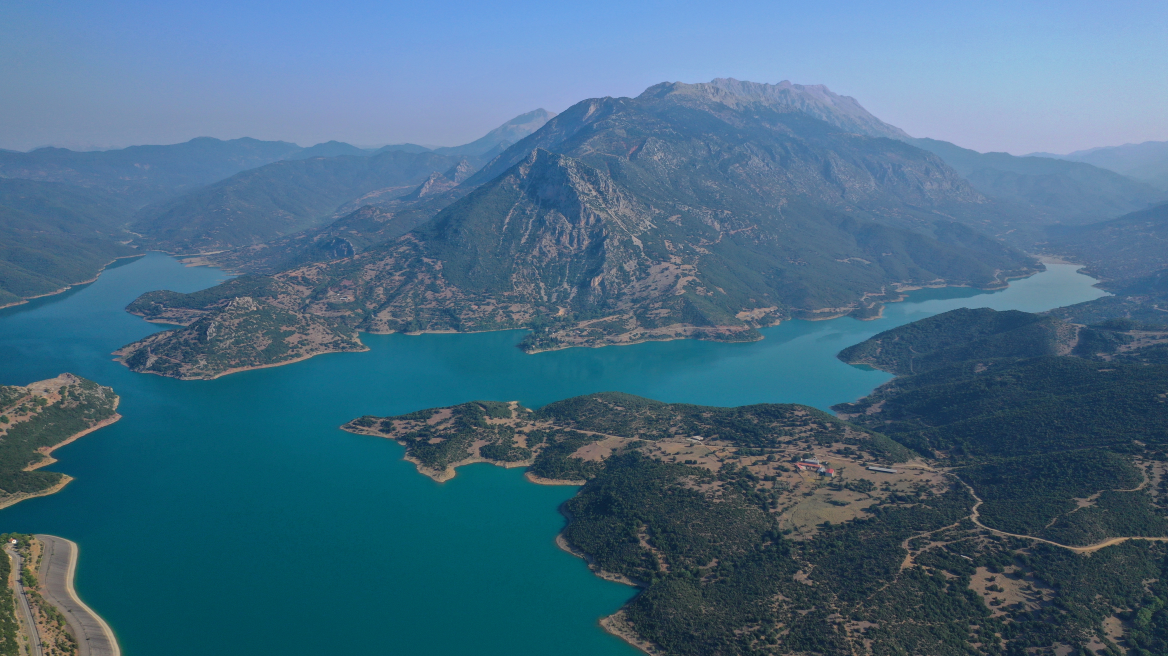The European Union and the US are strongly cautioning North Macedonia, echoing Greece’s warnings, particularly against the stance of the new president, Gordana Silianofska. Her defiance of the Prespa Agreement, aligning with ‘Macedonianism,’ risks isolating her country, provoking conflict with the West and neighbors, and exacerbating ethnic tensions. Silianofska’s actions could lead to US sanctions under Executive Order 14033, hindering Western Balkans peace. Her attempts to justify her use of Macedonia violate the Prespa Agreement. Hristijan Mickoski, also aligned with the wording Macedonianism which gives rise to grave uncertainty amid international pressure and economic risks.
Bakoyanni: In 2020, we found ourselves with our finger on the trigger with Turkey
Mr. Mickoski can navigate between championing Macedonianism by discussing various aspects like the economy, history, culture, and sports of Macedonia. This caters to his nationalist views without overtly violating the Prespa Agreement. There’s been discussion about denouncing the Prespa Agreement, although it doesn’t allow for such action, and its provisions regarding the name are unchangeable. Disputes in implementation are to be resolved through specific procedures like consultations, UN Secretary-General appeals, and Hague Court recourse. Moreover, any move to revoke the agreement must consider that North Macedonia has already gained irreversible benefits like NATO membership.
Regrettably, good faith, essential for agreement implementation, seems lacking. The new leadership must recognize that pursuing Macedonianism at the expense of conflict with Greece and the international community would be detrimental to both North Macedonia and itself.
Ask me anything
Explore related questions





